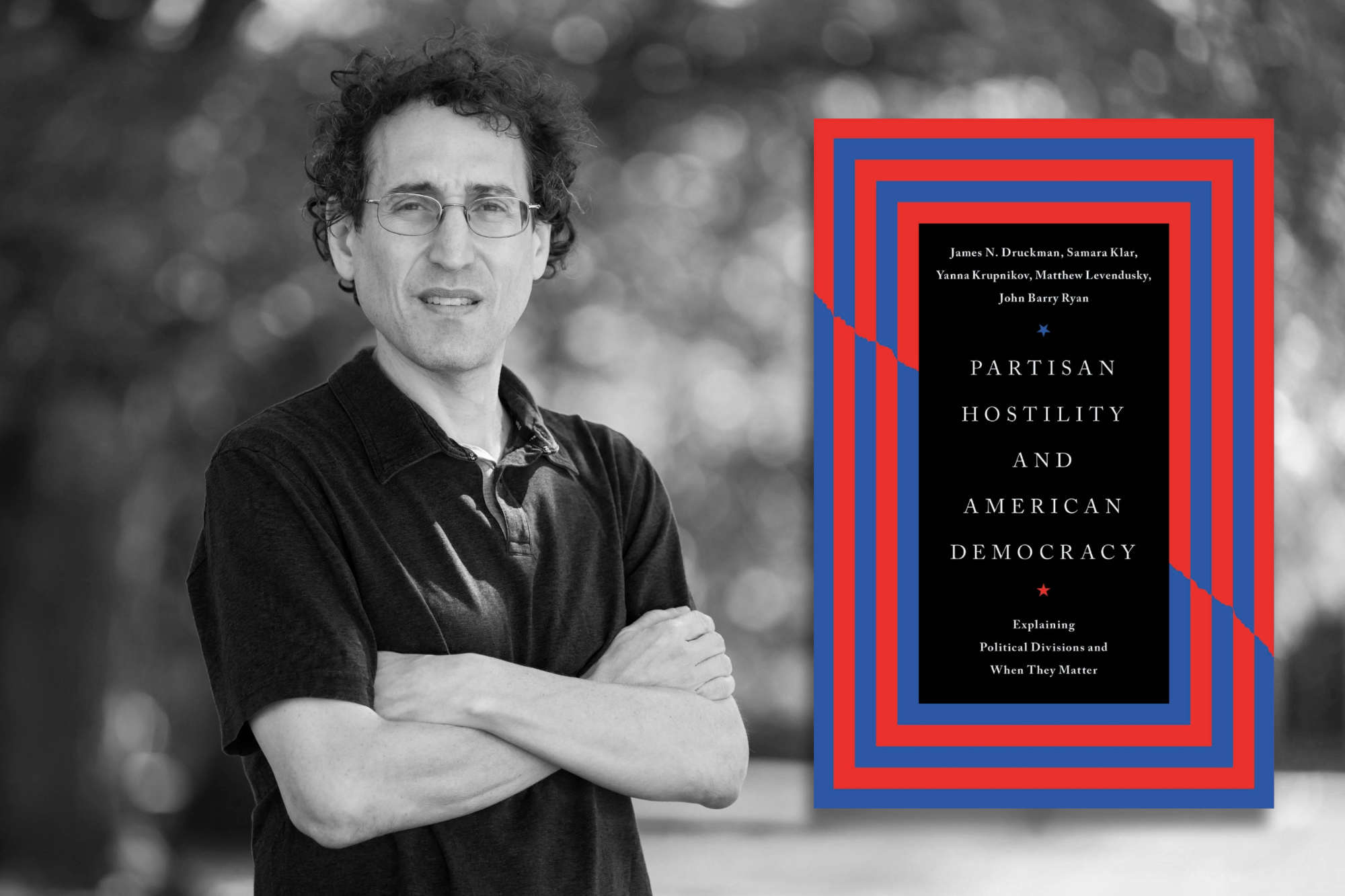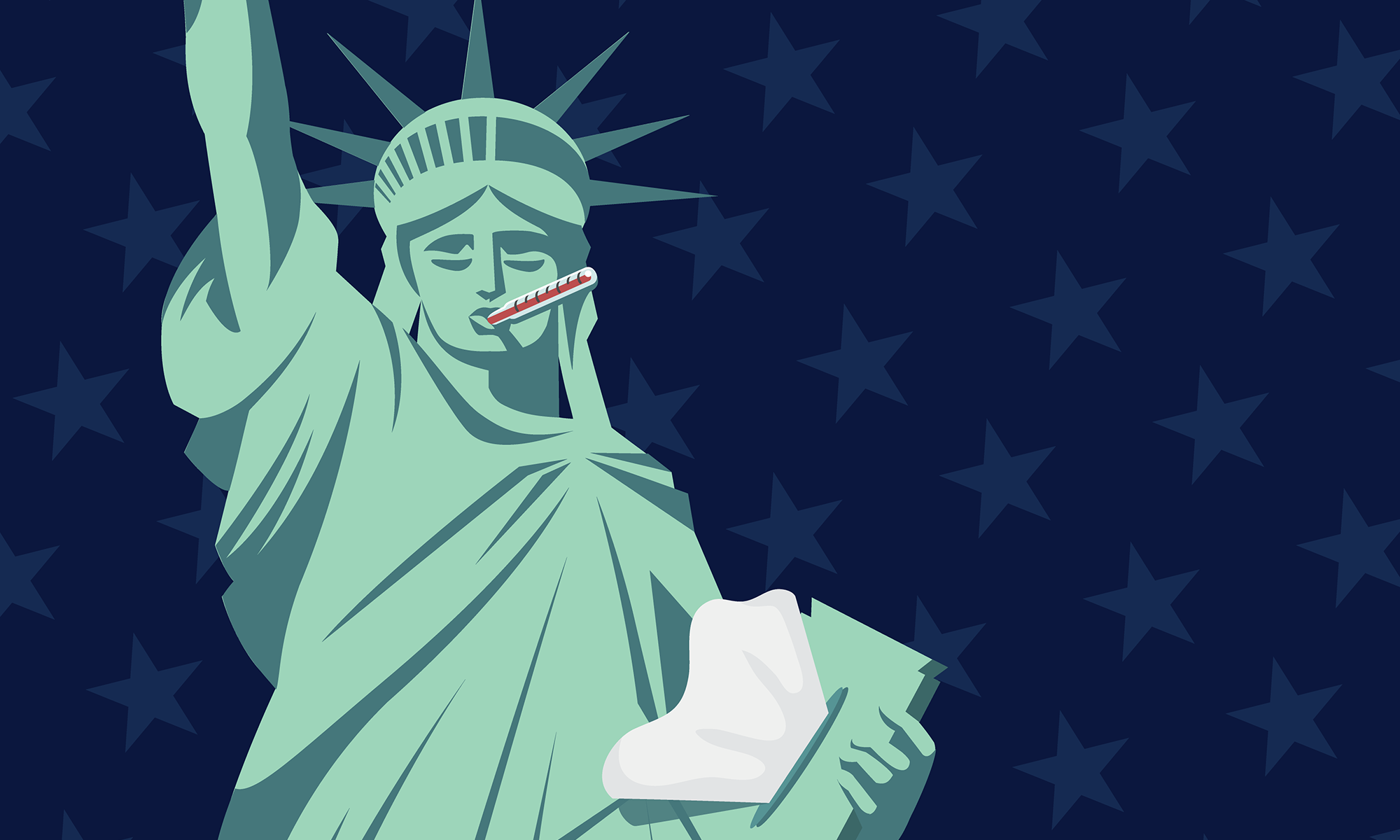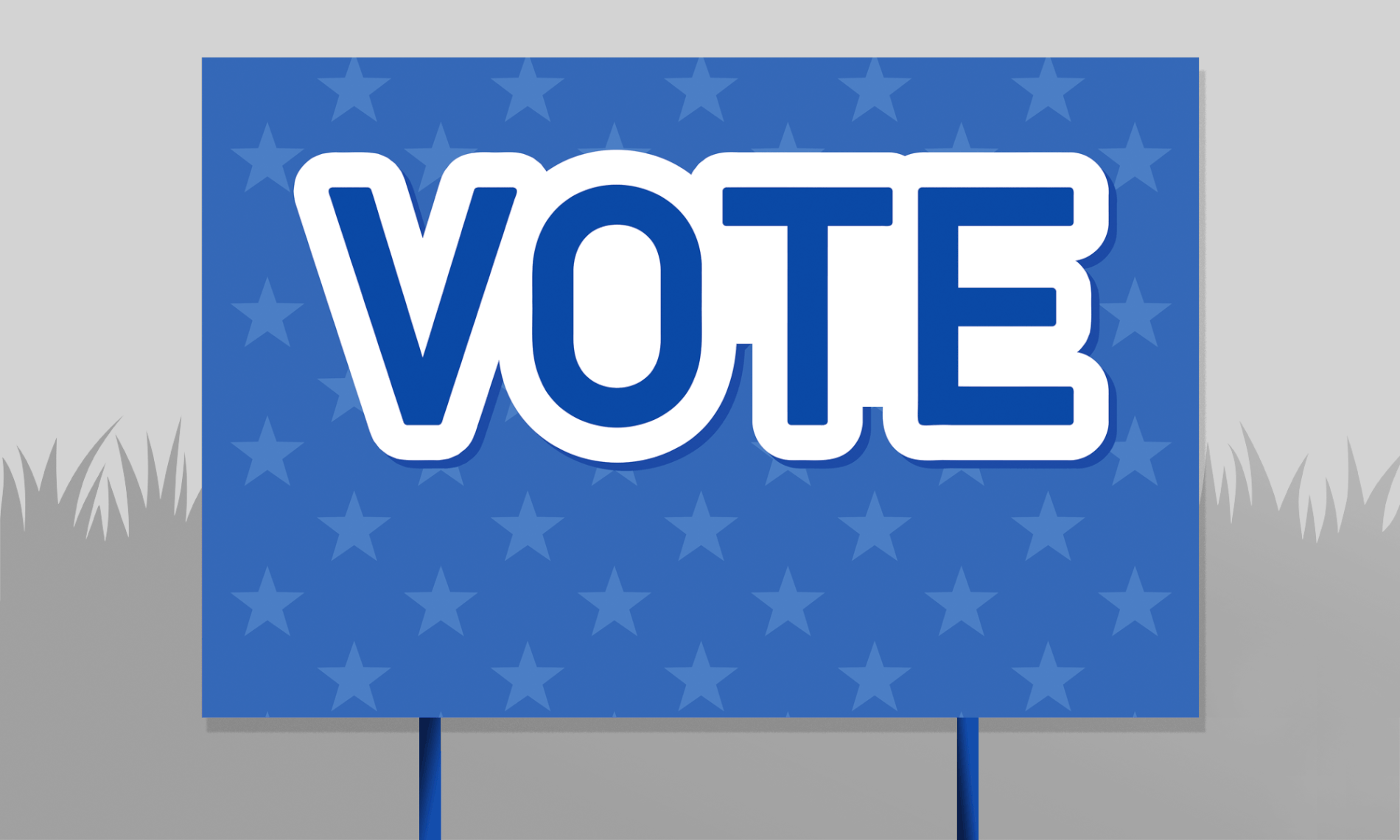New research suggests partisan hostility can erode democratic institutions and functioning.
It is obvious to almost everyone living in America that partisan hostility has reached a fever pitch.
But how much does that matter to everyday life in the United States? After all, partisanship is as old as the country itself.
A new book by some of the foremost scholars on polarization, including James Druckman, the Martin Brewer Anderson Professor of Political Science at the University of Rochester, offers an answer to that question by distilling empirical evidence as to the consequences of partisan animus.
The upshot? Partisan hostility alone is unlikely to lead to the collapse of American democracy. But it nonetheless does have a deleterious effect on democracy and could erode democratic institutions and functioning over time.
How is detailed in Partisan Hostility and American Democracy: Explaining Political Divisions and When They Matter, published on June 12 (University of Chicago Press, 2024). Its authors, in addition to Druckman, are Samara Klar, of the University of Arizona; Yanna Krupnikov and John Barry Ryan, of the University of Michigan; and Matthew Levendusky, of the University of Pennsylvania.

The book’s release coincides with the ramp up to the presidential election, which pits President Joseph Biden against former President Donald Trump in a rematch that is already nibbling at the connective tissue that binds Americans.
Indeed, a 2022 Pew Research Center study found that most enrolled Democrats and Republicans use words like “immoral,” “dishonest,” and “unintelligent” to describe their counterparts on the other side of the aisle. Most Republicans surveyed also called Democrats “lazy.”
“I think that is something to be fearful of, the normalization of what can devolve into dehumanizing, inciting rhetoric,” Druckman says. “It has consequences for what people think of other groups. It has consequences for what people think of democracy.”
Druckman and his coauthors offer a nuanced evaluation of when and how partisan animosity matters by drawing on panel survey data from 2019 through 2021—tumultuous years marked by the COVID-19 pandemic, mass demonstrations for social and racial justice following the murder of George Floyd, the insurrection at the US Capitol, and two presidential impeachments.
They found that partisan hostility has degraded politics by politicizing previously non-political issues, such as questioning science and expertise and government agencies like the Food and Drug Administration, and undermining compromise. They argue that those things alone are not necessarily enough to undermine democracy, though, because they found that hostility does not directly relate to the most egregious actions, such as support for violence.
But, they warn, party leaders and elected officials can gradually get away with taking undemocratic actions as a response to the lack of compromise. This is, in part, because partisans holding high levels of animosity for their counterparts and blind loyalty to their party either endorse such behavior or do not recognize it as facilitating the erosion of democracy.
In the end, the authors conclude, the future of American democracy depends on how politicians, more than ordinary voters, behave.
“In a stable democracy such as the United States, citizens can, in theory, act as a check,” they write. “But if animosity undermines functioning and even a few (political) elites exploit frustrated citizens for a power grab—under the guise of getting things done, disingenuously attributing blame to other citizens, or referencing relatively less democratic outcomes in the past—democracy becomes imperiled.”





